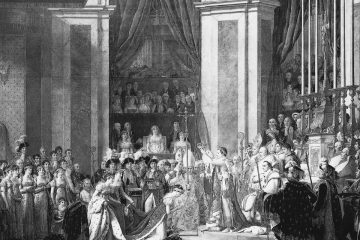What Happened On March 11th?
2004 was a year of mass casualties, including the event of the Indian Ocean tsunami, and March 11th was no exception. In Madrid, Spain, a sinister plot of coordinated bomb attacks by Islamist militants, left the entire nation in mourning.
Ten bombs, hidden in backpacks and detonated simultaneously on four commuter trains at three different stations.
In Spain, commuter trains are the main source of public transportation, making them a large target for the militants.
191 innocent lives were tragically gone too early, and over 1,800 people were left injured, some with life-altering consequences. Madrid was left reeling, and the once-familiar train system became a scene of graphic carnage.
The bombs used in the attacks were detonated with mobile phones. However, due to a faulty timing mechanism, several bombs malfunctioned or detonated prematurely. This fortunate error likely prevented an even greater tragedy.
In the immediate aftermath, reports blamed the Basque separatist group “ETA,” a long-standing threat in Spain. However, a previously unknown group calling themselves the “Islamic Resistance Movement” claimed responsibility, seemingly wanting the attention.
The claim was later confirmed, revealing a connection to al-Qaeda and its global terror network. Just three years prior, similar bombing tactics by al-Qaeda took place in America.
In the face of terror, Spain displayed resilient unity and strength. Millions took to the streets in the days following the attacks, chanting slogans like “No Tenemiedo” (We Are Not Afraid).
Actions were put into place as security measures became much more tight, and international cooperation in counterterrorism efforts intensified. However, the attack also led to political debate, with accusations of government misinformation regarding the perpetrators.
What Happened On March 11th





